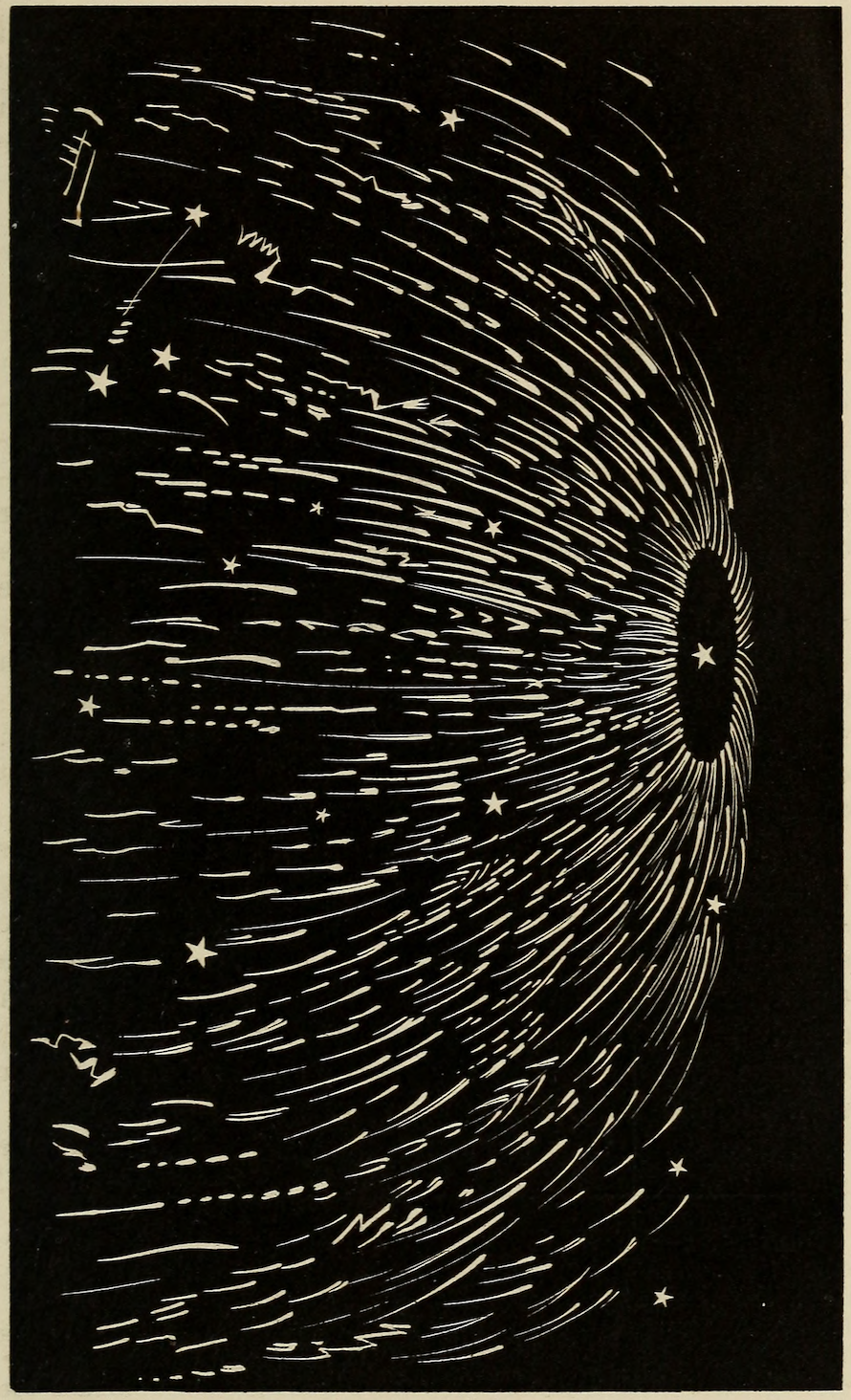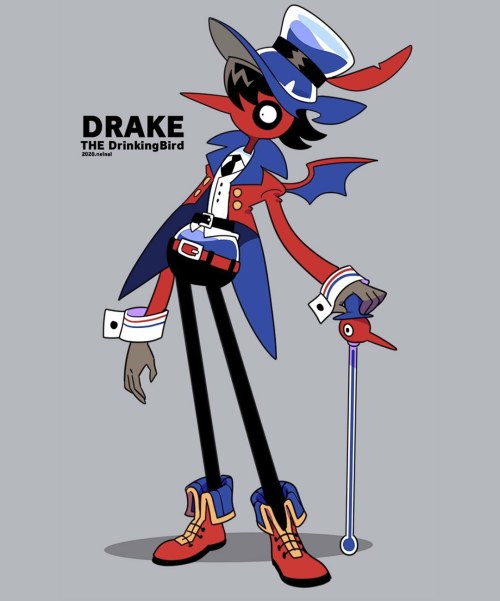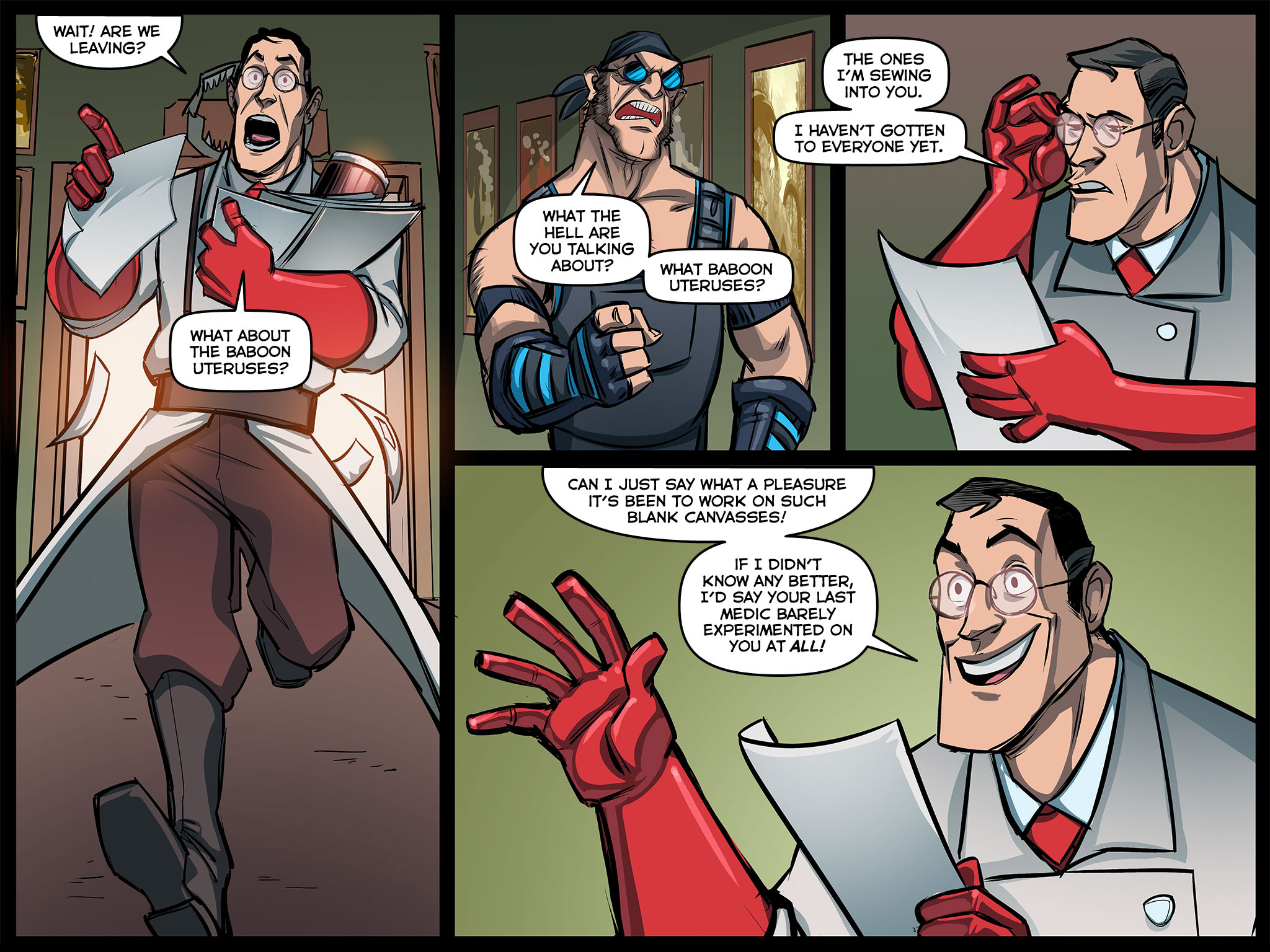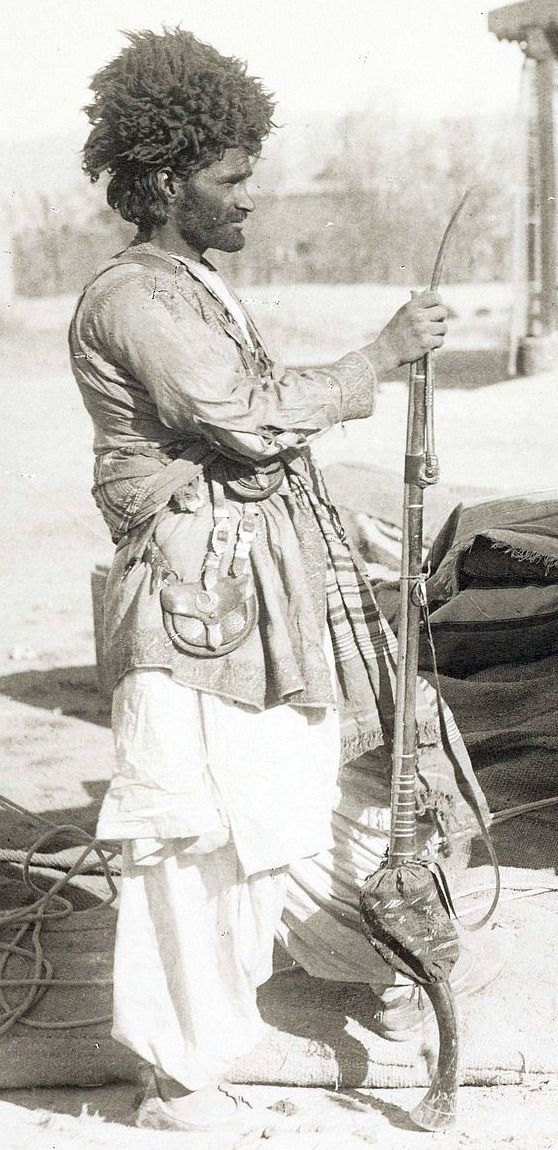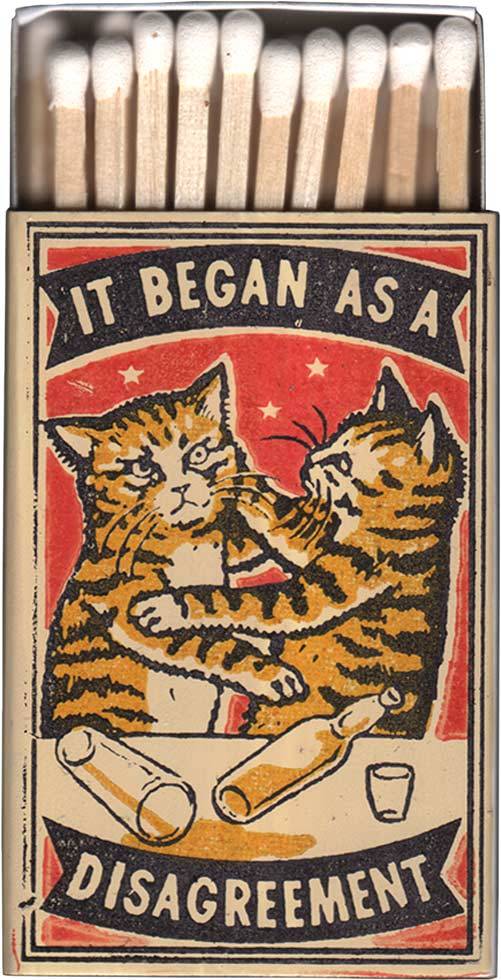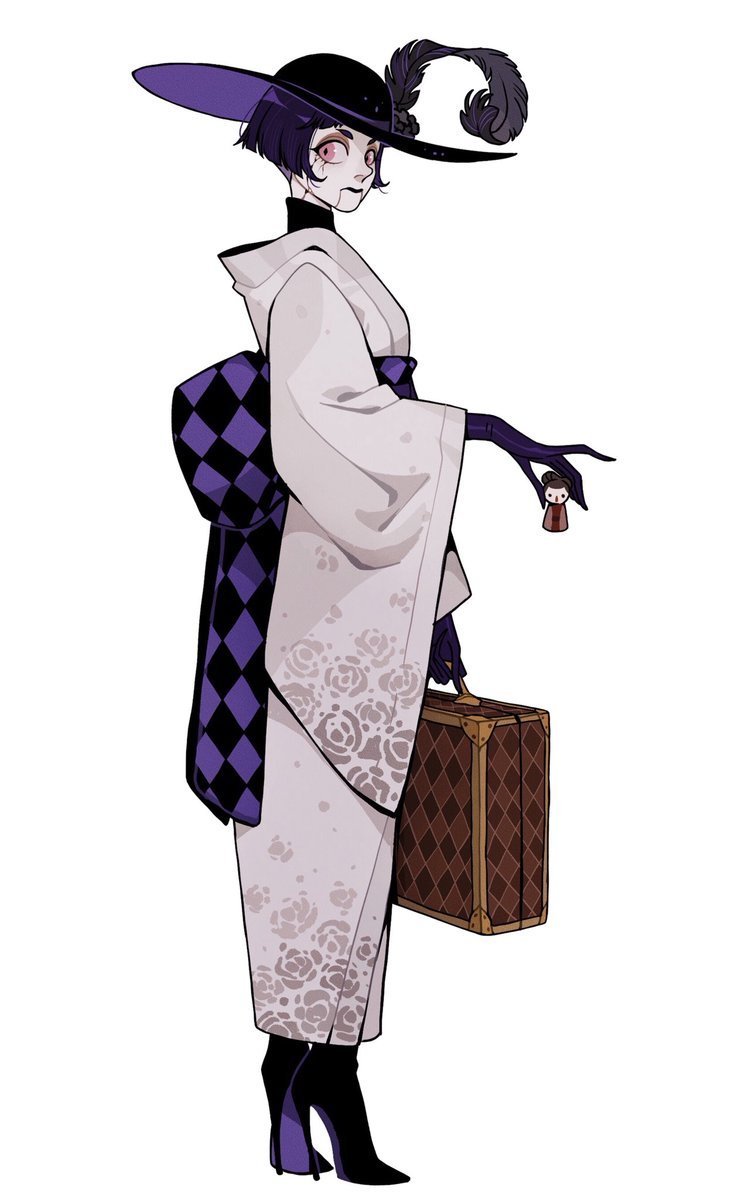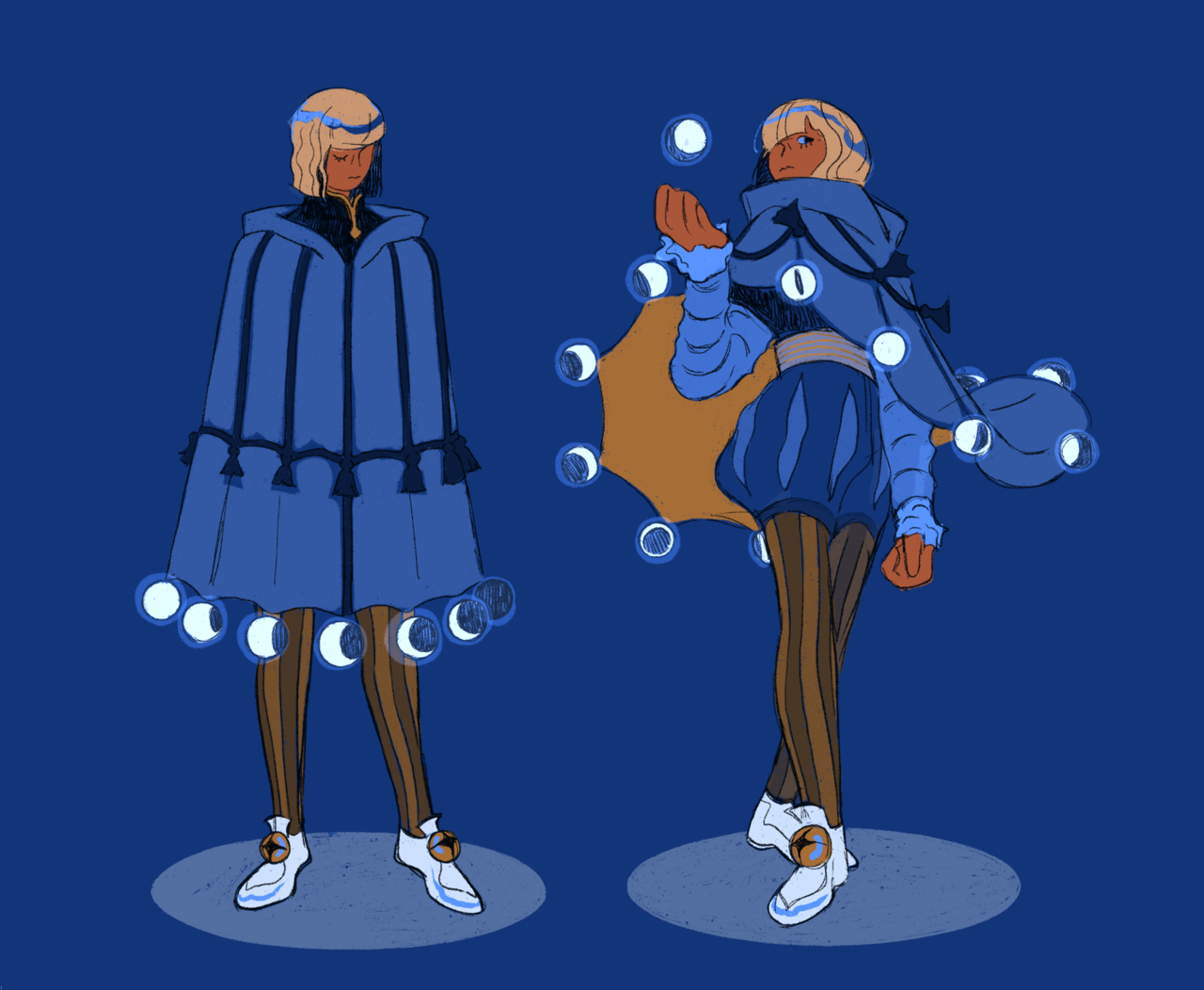The GLOG has a... strained relationship with the Bard as a class. I feel as though a lot of people I've talked to within the GLOGosphere about the class have dismissed it - I even feel as though Arnold has talked somewhere about disliking Bards, or at least thinking they work better as NPCs than players.
And, to be fair, this makes sense - D&D Bards are antithetical to a lot of the GLOG's game design. They're designed to be swiss army knives that solve problems via character sheet (high skill scores and spell usage) rather than intuition and, you know, playing the game. They also lean more heavily into roleplay than most classes, and the relationship between the GLOG and storygames is a whole different can of worms.
But, at the end of the day, I like Bards. I think every party has room for a hopeless romantic, or a weirdo anthropologist obsessed with cataloguing goblin folk songs, or even just a despicable, glittery bastard that they can shove into the door that only opens when fed someone first. And, furthermore, I think I've managed to design them to where they feel... Bard-y, and not just like a Wizard with different flavor.
You tell me how I did.
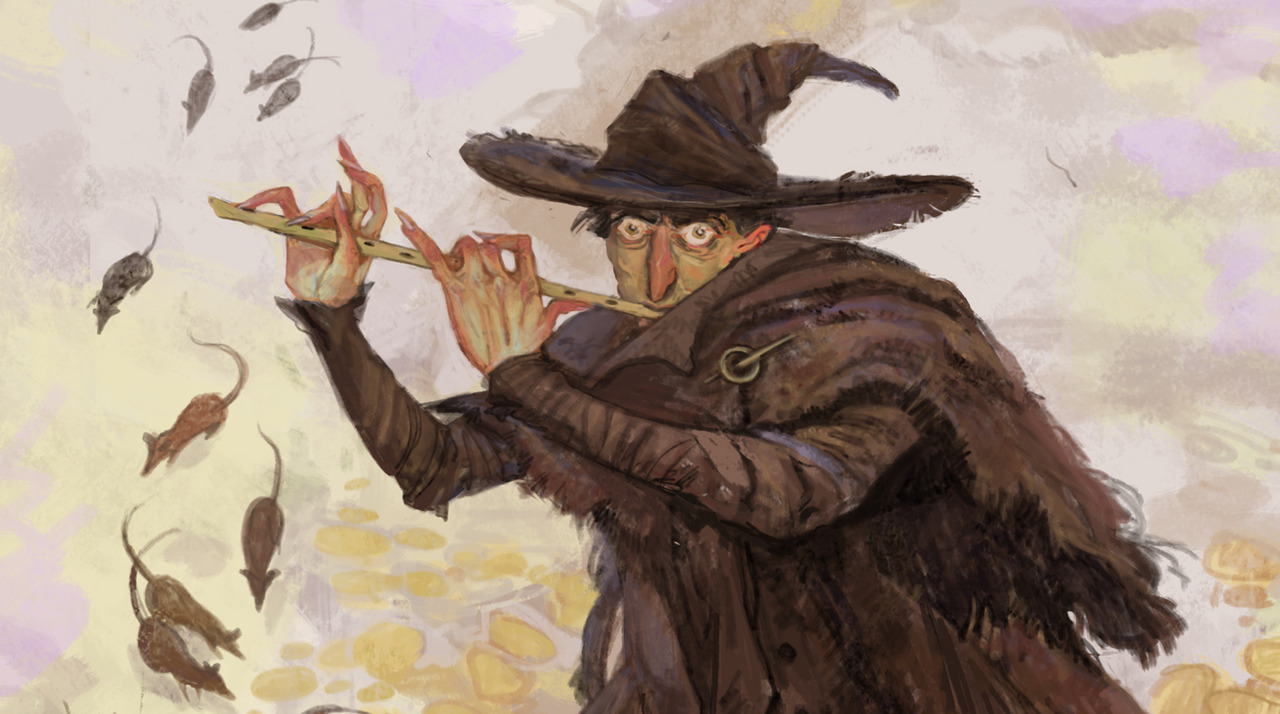 |
| Klaus Wanderer |
BARD
Each level of Bard gives you +1 Skill Slot.
Starting skill [1d4]: 1 = Dancer, 2 = Musician, 3 = Singer, 4 = Satirist
You begin play with a glitter-dusted rapier (1d6), leather armor, and the tools of your trade (instruments or a harlequin's outfit, probably).
Spellcasting
Like all spellcasters, you get one spell slot per level that can hold a single spell. You do not have to prepare your spells - instead, you know 1+level Performances that you always have access to.
You also have one Casting Die per level, which are used to cast your Performances. Whenever you roll Casting Dice, dice that come up as a 1, 2, or 3 are returned to your casting pool. Rolls of 4, 5, or 6 expend the die. Spent dice return to your casting pool after a short rest.
Whenever you roll multiple dice, you may incur a Mishap if you roll two of the same number, or a Doom if you roll three of the same number. Mishaps are temporary, minor effects that make your life harder, but don't outright kill you. Dooms are more major inconveniences that can and will eventually end your career. You may only suffer a Doom three times - if you manage to survive your third and final Doom, you will never be at risk of them again.
The Mishap and Doom tables are listed after the class abilities.
Performances
To spellcast, you perform. To get the full effects of your spells, you must use your action for three consecutive turns to play music, dance, or engage in some other form of art. Regardless of the type of performance you make, your performance is split into three effects:
The Overture takes place on the first turn of performance.
The Melody takes place on the second turn of performance.
The Crescendo takes place on the third, final turn of performance.
If you take damage while performing, you must make a Will check to continue playing. If you fail this check, you must start over, but do not consume any magic dice spent.
Overture effects will only ever check the amount of dice invested into the Performance, and only Crescendo effects will check the sum of these dice. So - when you perform the Overture declare how many dice you're investing, and when you perform the Crescendo roll them.
Again, you know a number of Performances equal to 1 + your level in this class. Performances are listed at the end of this document on a 1d8 table - whenever you learn a new Performance, roll on the table. If you roll a Performance you already know, you may pick the listed Performance above or below it on the table.
Familiar Melody
As an action, you may play the Melody of one of your Performances to generate that magical effect. This does not require investing any Casting Dice, as Melody effects don't check for them.
Font of Inspiration
Before a member of your party rolls to test their skills, you may give them pointers and tidbits you've picked up in your travels or just heard in taverns. When you do, they may put a checkmark by any of their skills before they roll to test them.
Master of Ceremonies
Once per day, you may make a special Performance. This Performance can use the Overture, Melody, and Crescendo of any songs you know. For example, when you perform the Overture you might use the effect of Oafish Reverie, then use Bottled Time for your Melody on the next turn, and then finally go back to using Oafish Reverie's Crescendo on the last turn of your performance.
Conductor of Reality
Once per story arc (usually 3-5 sessions), you may Give Your Opinion on Reality. State what you would like to happen: maybe you want to ensure a certain rumor you heard about this dungeon is true, or maybe you would like to compose a new Performance with new effects on the fly. Based on what you choose, the GM will assign you a percentage chance to succeed on persuading reality, and then you roll a die (usually a d20 but a d100 will be used for hyperspecific percentages) to see if you succeed.
 |
| A Positive Light on a Negative Space by Tang Yau Hoong |
MISHAPS
Whenever you roll two of the same number while casting a Performance, roll an additional 1d6 and suffer from the appropriate Mishap. It is possible to suffer from two Mishaps at once if you roll a pair of doubles while investing four Casting Dice into a spell.
Gain 1 Stress.
Take 1d6 damage.
Your Casting Dice are always expended after you roll them until the next time you take a Full Rest.
If you are a dancer, you now have two two left feet. If a non-wind musician, two left hands. If a singer or wind musician, two left lungs. This never goes away, but you get used to it after 1d6 rounds; until then you cannot cast Performances.
Must spend the next 1d6 turns flirting with the most inadvisable thing in the room instead of doing anything useful. Ends early if you are successful, somehow.
One of your skills is replaced with a random, different skill.
DOOMS
The first time you roll three of the same number while casting a Performance, you suffer from your first Doom. Repeat with the second and third Dooms.
You fall into a depression for a full day, during which time you are completely unable to make art of any kind. Mechanically, you lose all your class abilities for the duration of this Doom.
As above, but for a week.
As above, but permanently.
One way to avoid this Doom would be to win a bet against a fey or devil in exchange for a supernatural instrument. Or maybe there's something causing this depression - or someone?
PERFORMANCE LIST (1d8)
1. Ballad of the Black Spear
Overture: For the duration of this Performance, your party gets +[dice] to hit.
Melody: You learn the lowest HP total among hostile creatures in a 30 ft. area.
Crescendo: A black spear falls from the heavens and impales a creature of your choice, dealing [sum] damage. If this kills the creature, enemies within 30 ft. with less than [dice] HD must instantly make a morale check.
"A black tooth of Troyt falls / The young page sees her chance: / And so flee the war-thralls / Who forget their bloody chants."
2. Bottled Time
Overture: Choose [dice] adjacent creatures within 60 ft., possibly including yourself. A dome of seelie magic just large enough to cover them stretches over these creatures, preventing any harm from coming to them for the duration of this song.
Melody: You (or the creatures within your dome) may have a conversation of arbitrary length (you talk until the conversation is over) with someone within 5 ft. Time is paused for everyone else while this happens, though they don't notice it pausing.
Crescendo: The creatures within your dome are teleported to a random safe location within [sum] miles or, preferentially, the closest teleportation circle within [sum] x 10 miles.
"...the first thing that I'd like to do / is to save every day / 'til eternity passes away / just to spend them with you."
3. Dionysian Revel
Overture: Summon a [dice] HD Satyr to fight for you for the duration of this Performance. It takes its turn immediately after yours. It deals 1d6 damage and has an AC of Leather. You do not command it, but it is friendly to you and your party.
Melody: A creature in your party gets +X to hit, where X is half your level (rounded up).
Crescendo: Your summoned Satyr gets +[sum] to hit and +[sum] damage on the next attack it makes. If this kills the target, your Satyr dismembers them and then runs, shrieking, into whatever nearby best constitutes wilderness.
"M-my lord," the disguised king stammered, "have you always had horns?"
4. Glitterbomb
Overture: Creatures within a 15' cone that have [dice] or less HD are blinded for the duration of this Performance.
Melody: You blow glitter in the eyes of an adjacent creature, preventing it from making opportunity attacks until the end of its next turn.
Crescendo: All creatures within a 20 ft. area are dusted with glitter, preventing them from benefiting from invisibility and granting your allies +[sum] to hit them until the end of combat.
"Legends say that even three centuries later, retainers were picking flecks of glitter out of the royal undergarments."
5. God's Call
(this spell will make a lot more sense if you read this post on the GLOG's HP mechanics first)
Overture: Your party gets [dice] Cheer. This Cheer can exceed the usual maximum of three. If you don't finish your Performance, your mates get bummed and the bonus Cheer goes away.
Melody: Remove X Wounds from an unconscious creature within 5 ft., where X is your level in this class.
Crescendo: You and each creature in your party regain [sum] HP.
"Nobody loves me / Nobody cares / And when I'm all alone / Nobody is there." - hymn of Nobody, the No-God
6. Karaoke Superstar
Overture: You draw a crowd of 1d6 random folks plus [dice] specific people in the general area for the duration of this Performance.
Melody: Wink at a target, giving them -X to the next save they make until the end of your next turn, where X is your level in this class.
Crescendo: You charm a member of your crowd for [sum] hours - during this time they regard you as a very close friend and are willing to do you several favors until you stop giving them a reason to (or the duration ends).
"She's sleepin' with the devil, and met Jesus at an institution / She wants somebody to love - even though she can't get enough / She lives her life at the crossroads, and she hopes she dies before she ever grows old"
7. Oafish Reverie
Overture: A creature within 30 ft. and with [dice] or less Hit Dice must lose its next turn and ability to move as it collapses to the floor laughing. This effect lasts until the end of your Performance, or if it takes any damage.
Melody: Insult a creature within earshot. Until the end of its next turn, the DC to defend against that creature's attack is no longer modified by its level.
Crescendo: All creatures within 30 ft. must begin dancing if they fail a Save. They may repeat this save on their turns, and may make no other actions until they succeed on their Save or take damage. You may extend this performance for an additional [sum] turns so long as you continue performing.
"'tis quite the strange hill to die on, milord," the court jester taunted, "but at least you're dead!"
8. Silent Serenade
Overture: Your party gets +[dice] Stealth for the duration of this Performance as long as they are adjacent to you.
Melody: You throw your voice, causing it to emanate from any point within 30 ft. instead of your mouth.
Crescendo: A target you touch turns invisible for [dice] turns, or until they deal damage to a target or force them to make a save. You may continue this Performance for an additional [sum] turns.
"But the thing 'bout full bellies and purses, me lads / Is both are well easy to slit"
Bonus: Meteor Elbow Drop
Overture: You grab a creature and attempt to throw them into the air. They get a Save to resist, but if you were already grappling them they get -4 to it. If you succeed, the target is thrown [dice] x 10 feet into the air and won't land until you finish this Pro Wrestling Move.
Melody: You jump twice your normal height, or to the space above the target of your Overture if you cast this Melody as part of a performance.
Crescendo: You elbow drop an adjacent creature, dealing [sum] damage. If you're both airborne, you both crash to the ground, but only they take fall damage.
Obviously, this is indicative of the fact that you can reflavor this class as a Pro Wrestler.
